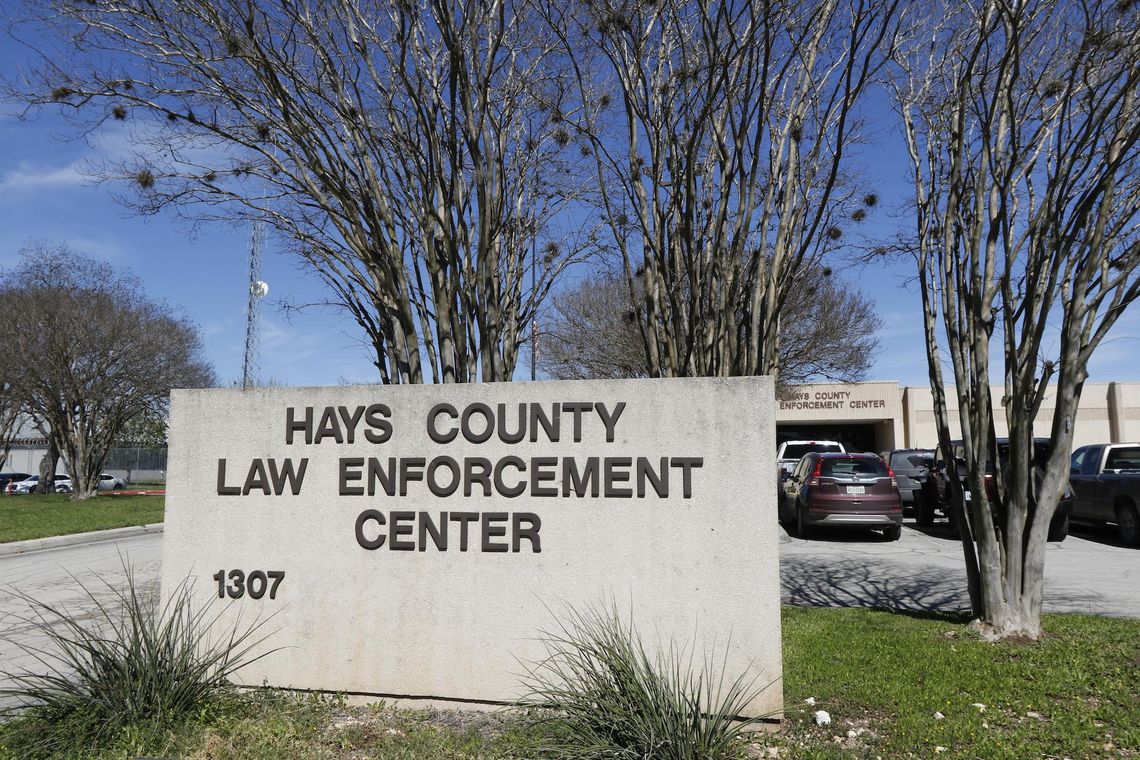The criminal justice commission that County Judge Ruben Becerra and his staff are creating will form “pretty quickly” and begin working on ways to make the county’s criminal justice operations more efficient, Becerra’s chief of staff Alex Villalobos said.
Becerra and Villalobos spoke about the commission at a press conference Friday afternoon following a criminal justice summit at the Hays County Government Center. Villalobos said that the district attorney’s office, justices of the peace, county courts-atlaw, district judges and law enforcement representatives were all a part of the closed-door summit.
“We had a meeting with everyone that touches criminal justice in Hays County,” Becerra said at the start of the press conference, “and our biggest push and our biggest ask has been to come together without judging departments, without judging offices, but just to come with an open mind and to share what we have been doing.”
Becerra said that everyone included in the summit is “caring, and they’re all interested in changes.”
The county judge then turned the podium over to Villalobos, whom he said has done “the lion’s share, to put it lightly, of this work.”
Villalobos said at the summit, an initial assessment showed “areas where we can be more efficient.” He said the gist of the conversation was to find areas “where we can recapture dollars and reinvest them back into the system and that we so much need.”
Although Villalobos said it was too early in the process to identify one top priority, “The initial assessment captured some trends over the last four years. But I believe we introduced the idea of having a commission for all of the people that are interested in becoming part of it.”
A handout presented at the press conference showed those trends, including jail division operating costs, daily inmate population in county versus out of county and the number of arrests and convictions for the top six offenses in the county. The handout shows that in 2014, there was an average of 301 in-county inmates and three out-of-county. That number increased each year, reaching 317 in-county and 236 outof-county in 2018.
Villalobos said the commission will do most of the work in finding ways to streamline the criminal justice system. There is not yet a timeline for the commission’s work.
“Once we identify the commission, then we’ll put up a timeline on all the different pieces that we’re going to suggest or promote,” he said. “Then we’ll start coming up with timelines for presentations for each piece.”
Villalobos said there will be a discussion item on Tuesday’s commissioners court agenda regarding the criminal justice commission.







